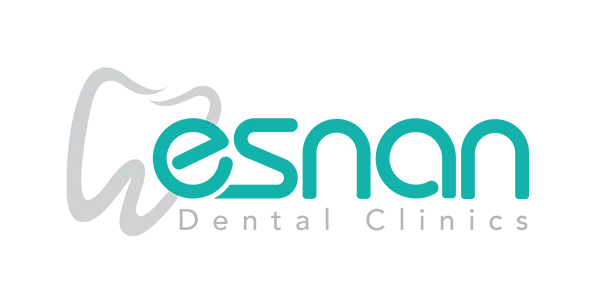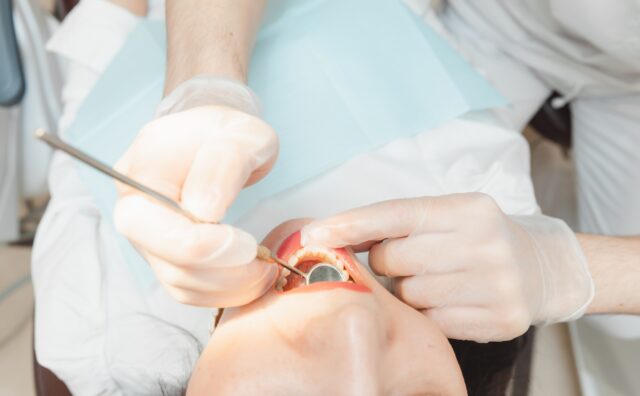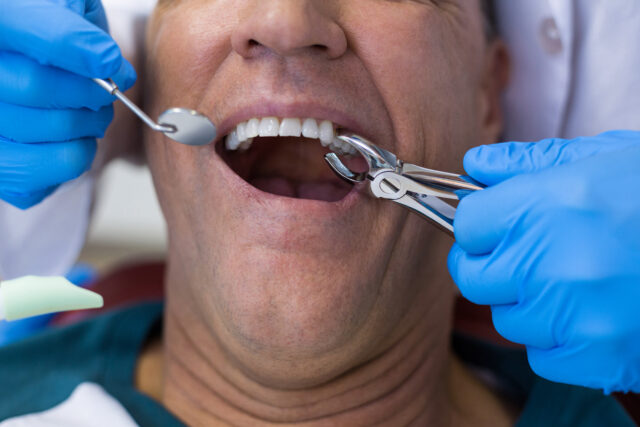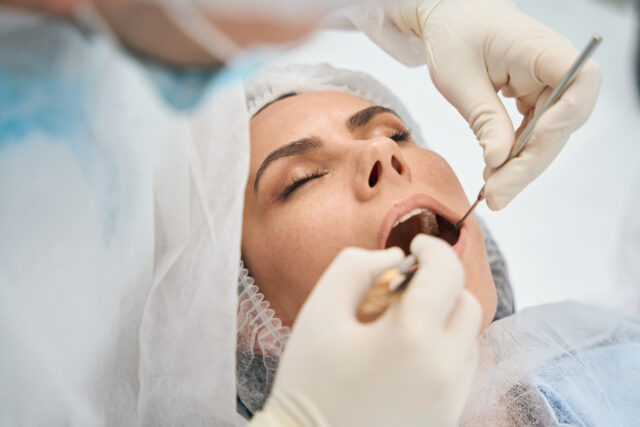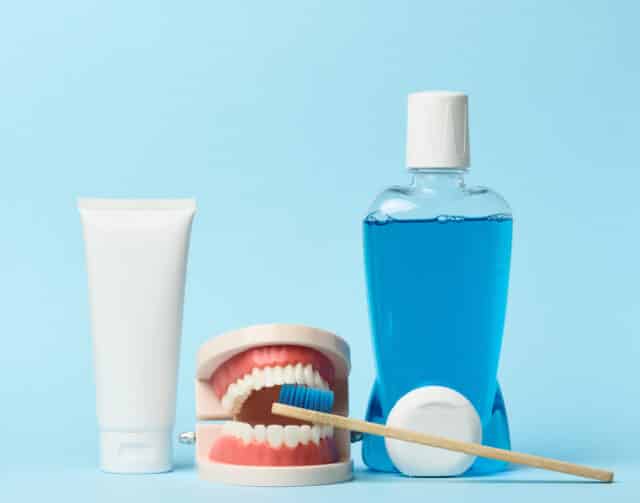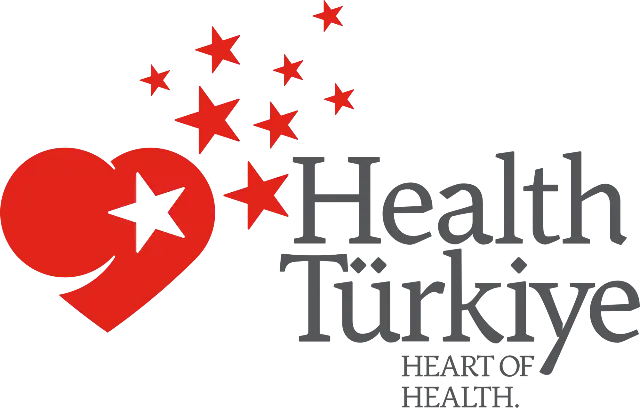The first night following tooth extraction is very important for healing. During this time your body has time to develop a protective clot of blood. Proper care aids in reducing pain, bleeding, and swelling. Following your dentist’s advice ensures smooth recovery. Let’s look at what to expect and how to care for your mouth effectively.
- 1 What Happens First Night After Tooth Extraction?
- 2 Common Symptoms You May Experience the First Night After Tooth Extraction
- 3 How to Sleep First Night After Tooth Extraction
- 3.1 Keep Your Head Elevated While Sleeping
- 3.2 Use Extra Pillows To Support Your Neck And Head
- 3.3 Avoid Sleeping On The Side Of The Extraction
- 3.4 Do Not Lie Completely Flat
- 3.5 Avoid Applying Pressure On The Extraction Area
- 3.6 Use An Old Pillowcase In Case Of Minor Bleeding
- 3.7 Do Not Eat Or Drink Right Before Sleeping
- 3.8 Take Prescribed Painkillers Before Bedtime
- 3.9 Avoid Using A Straw Or Smoking Before Sleeping
- 3.10 Keep A Gauze Pad In Place If Slight Bleeding Continues
- 3.11 Maintain A Cool And Calm Sleeping Environment
- 3.12 Do Not Rinse Or Spit Excessively Before Going To Bed
- 3.13 Try To Sleep At Least 6–8 Hours To Support Healing
- 4 First Night After Tooth Extraction Do: The First 24 Hours
- 5 First Night After Tooth Extraction Don’t: The First 24 Hours
- 6 What to Eat First Night After Tooth Extraction
- 7 Oral Hygiene on the First Night
- 8 Signs of Complications to Watch For
- 9 Tips for a Faster and More Comfortable Recovery
- 10 First Night After Tooth Extraction FAQ
- 10.1 Can I Brush My Teeth The First Night After Tooth Extraction?
- 10.2 Is It Safe To Use Mouthwash The First Night After Tooth Extraction?
- 10.3 Can I Eat Ice Cream The First Night After Tooth Extraction?
- 10.4 How Should I Sleep The First Night After Tooth Extraction?
- 10.5 Can I Drink Coffee The First Night After Tooth Extraction?
- 10.6 Latest Blogs
What Happens First Night After Tooth Extraction?
During the first night, your body begins healing the extraction site. A blood clot forms to protect exposed bone and nerves. You may feel mild pain or swelling. Some light bleeding can continue for a few hours. These signs are normal and show your mouth is healing properly.
Common Symptoms You May Experience the First Night After Tooth Extraction
It’s normal to notice mild discomfort, swelling, or bleeding after extraction. These symptoms usually improve within 24–48 hours. You can manage them with rest and medication.
First Night After Tooth Extraction Bleeding
Light bleeding is expected for several hours after extraction. Bite gently on clean gauze to stop it. Replace the gauze when it gets soaked. Avoid rinsing or touching the wound to protect the clot. If bleeding continues longer than six hours, contact your dentist immediately.
First Night After Tooth Extraction Pain
Pain usually starts when the anesthesia wears off. Take your prescribed painkillers on time. Avoid aspirin, as it may increase bleeding. Eat soft foods and rest well. Pain normally decreases after two or three days.
Mild Fever or Discomfort – When It’s Normal and When to Worry
A mild fever can occur due to the body’s healing response. It should fade within a day. If your fever goes above 38°C or lasts longer, call your dentist. Persistent pain or swelling may indicate infection. Early checkups help prevent complications.
How to Sleep First Night After Tooth Extraction
Sleeping after extraction can be challenging, but it helps your body recover. Proper sleeping position reduces swelling, bleeding, and discomfort. Follow these important tips to protect the extraction site while you rest:
- Keep your head elevated while sleeping
- Use extra pillows to support your neck and head
- Avoid sleeping on the side of the extraction
- Do not lie completely flat
- Avoid applying pressure on the extraction area
- Use an old pillowcase in case of minor bleeding
- Do not eat or drink right before sleeping
- Take prescribed painkillers before bedtime
- Avoid using a straw or smoking before sleeping
- Keep a gauze pad in place if slight bleeding continues
- Maintain a cool and calm sleeping environment
- Do not rinse or spit excessively before going to bed
- Try to sleep at least 6–8 hours to support healing
Keep Your Head Elevated While Sleeping
Keeping your head raised prevents blood pooling and reduces swelling. Use one or two extra pillows to maintain height. This position keeps the clot stable. Avoid lying flat for the first night. Elevation supports healing and comfort.
Use Extra Pillows To Support Your Neck And Head
Extra pillows add comfort and reduce movement while sleeping. They also help maintain head elevation. Stable support prevents pressure on the wound. Adjust pillow placement until comfortable. Good neck support promotes better rest and faster recovery.
Avoid Sleeping On The Side Of The Extraction
Sleeping on the treated side may cause pain or pressure. Always sleep on the opposite side. This reduces the risk of bleeding or irritation. Keeping weight off the area helps the clot stay in place. It ensures smoother healing overnight.
Do Not Lie Completely Flat
Lying flat increases blood flow to the extraction site. This can cause more swelling or bleeding. Use pillows to stay slightly upright. Keeping your upper body raised is ideal. It ensures better rest and healing support.
Avoid Applying Pressure On The Extraction Area
Pressure can disturb the clot and delay healing. Avoid leaning your cheek or jaw on the pillow. Keep your head positioned comfortably. Stay mindful while turning during sleep. Gentle positioning keeps the area safe.
Use An Old Pillowcase In Case Of Minor Bleeding
Minor bleeding overnight is normal. Use an old pillowcase to avoid staining your bedding. It also helps you relax without worry. Replace it in the morning if needed. Keeping the area clean ensures hygiene.
Do Not Eat Or Drink Right Before Sleeping
Avoid eating or drinking right before bed to prevent irritation. Food or liquids can disturb the healing site. Finish meals at least an hour before sleeping. Clean your mouth gently after eating. This helps maintain comfort overnight.
Take Prescribed Painkillers Before Bedtime
Take your medication before going to sleep. It helps you rest comfortably without pain. Follow your dentist’s dosage instructions. Avoid taking extra pills unless directed. Staying ahead of pain ensures better sleep and recovery.
Avoid Using A Straw Or Smoking Before Sleeping
Suction from straws or cigarettes can dislodge the clot. Avoid both during the first night. This habit can also slow healing and cause dry socket. Stay smoke-free for at least two days. Protecting the area ensures a faster recovery.
Keep A Gauze Pad In Place If Slight Bleeding Continues
If slight bleeding continues, place a clean gauze pad over the area. Bite gently for 30 minutes. Replace if necessary but avoid overchanging. This keeps pressure steady and forms a proper clot. Always rest with your head elevated.
Maintain A Cool And Calm Sleeping Environment
A cool, quiet room supports rest and comfort. Avoid overheating, as warmth increases bleeding. Keep the lights low and noise minimal. Relaxing conditions improve sleep quality. Calm surroundings help your body heal faster.
Do Not Rinse Or Spit Excessively Before Going To Bed
Avoid rinsing or spitting forcefully before sleep. These actions can remove the blood clot. If you must rinse, do it gently with lukewarm saltwater. Let the water fall naturally from your mouth. Gentle care keeps healing stable.
Try To Sleep At Least 6–8 Hours To Support Healing
Adequate rest allows your body to repair tissue. Sleep for at least 6–8 hours the first night. Rest boosts immune function and reduces pain. Avoid staying up late or talking too much. Your body heals best while you sleep.
First Night After Tooth Extraction Do: The First 24 Hours
Doing the right things during the first day helps you heal faster. Focus on rest and protection.
- Apply a cold compress for 10–15 minutes.
- Eat soft and cool foods.
- Take your medications on time.
- Drink plenty of water.
- Avoid talking too much.
- Keep your head raised while resting.
- Brush gently away from the extraction site.
First Night After Tooth Extraction Don’t: The First 24 Hours
Certain habits can disturb healing and cause dry socket. Avoid them during the first day.
- Do not smoke or use straws.
- Avoid alcohol and hot drinks.
- Don’t rinse or spit forcefully.
- Avoid crunchy or spicy foods.
- Don’t touch the extraction area.
- Avoid intense activity or bending.
- Do not sleep flat on your back.
What to Eat First Night After Tooth Extraction
Your diet should be soft and gentle to prevent irritation. Choose foods that are easy to chew and swallow.
First Night After Tooth Extraction What to Eat
Consume soft food such as soup, yogurt, mashed potato, and scrambled eggs. Avoid hot or spicy dishes. The foods protect the clot and are easily digestible. Continue this diet for 24-48 hours. Soft food eases the process of healing.
First Night After Tooth Extraction What to Drink
Take water or herbal tea which is lukewarm. Avoid liquids that are hot, bubbly or alcoholic. Drink in small portions rather than huge ones. Hydration aids the healing of tissue. Hydration helps achieve faster healing and lessen the discomfort.
Foods and Drinks to Avoid (Hot, Crunchy, or Acidic Foods)
Chips, nuts, and sour juices such as orange or lemon should be avoided. These irritate the wound and slow up healing. Hot drinks and alcohol should also be avoided. Stick to cool and mild foods. The prevention of these will allow the mouth to heal itself.
Importance of Staying Hydrated
Drink enough water throughout the day. Dehydration slow down recovery and enhance pain. It is better to drink in small sips. Avoid sugary or carbonated drinks. Water keeps tissues moist and clean.
Oral Hygiene on the First Night
Cleanliness is important, but it must be gentle. Protect the clot while keeping your mouth fresh.
Can You Brush After Tooth Extraction?
You can brush gently but avoid the extraction area. Take a soft bristled brush and small strokes. Focus on other teeth and tongue. Do not rinse or spit forcefully. Gentle care prevents infection.
How to Rinse Safely Without Dislodging the Clot
Wait at least 24 hours before rinsing. Use warm saltwater for gentle cleaning. Swish lightly without force. Let water fall from your mouth naturally. Rinse twice a day after meals.
Signs of Complications to Watch For
Watch for signs that may indicate infection or dry socket. Quick attention prevents further problems.
Dry Socket Symptoms
If severe pain appears two to three days after extraction, it may be a dry socket. You may also notice a bad taste or visible bone. Call your dentist immediately. Prompt treatment reduces pain and speeds healing.
Excessive Bleeding or Pain
Bleeding that lasts longer than six hours needs attention. Pain that increases instead of decreasing is not normal. Avoid self-treatment. Contact your dentist quickly for evaluation. Professional care ensures proper healing.
When to Contact Your Dentist Immediately
Contact your dentist if you notice swelling, pus, or high fever. These are signs of infection. Don’t wait for symptoms to worsen. Early care prevents serious issues. Quick treatment ensures comfort and safety.
Tips for a Faster and More Comfortable Recovery
Rest well and follow your dentist’s advice closely. Eat soft foods and drink water often. Avoid smoking and alcohol. Maintain gentle oral hygiene. Patience and care ensure quick, safe healing.
First Night After Tooth Extraction FAQ
Can I Brush My Teeth The First Night After Tooth Extraction?
Yes, you can brush gently but avoid the extraction site. Use soft motions and mild toothpaste. Focus on cleaning the remaining teeth and tongue. Do not rinse or spit hard. This keeps your mouth clean without harming the wound.
Is It Safe To Use Mouthwash The First Night After Tooth Extraction?
No, avoid mouthwash during the first 24 hours. Alcohol-based rinses can irritate the wound. After a day, use warm saltwater instead. Swish gently to clean without pressure. This helps prevent infection safely.
Can I Eat Ice Cream The First Night After Tooth Extraction?
Yes, soft ice cream can help reduce swelling. Avoid cones and toppings that require chewing. Choose plain, cool flavors. The cold temperature soothes the wound. It’s a good treat for relief and comfort.
How Should I Sleep The First Night After Tooth Extraction?
Sleep with your head elevated and avoid lying flat. Use extra pillows for comfort. Stay on the opposite side of the extraction. This reduces bleeding and swelling. Proper sleep supports healing.
Can I Drink Coffee The First Night After Tooth Extraction?
Avoid coffee for the first 24 hours. The heat can disturb the clot. Choose cool or lukewarm drinks instead. Caffeine may also slow healing. Wait until your dentist approves coffee again.
The first night after tooth extraction is crucial for smooth healing. Follow your dentist’s instructions carefully, rest well, and maintain gentle hygiene. Eat soft foods, stay hydrated, and avoid harmful habits. With proper care, recovery will be fast, safe, and comfortable.
